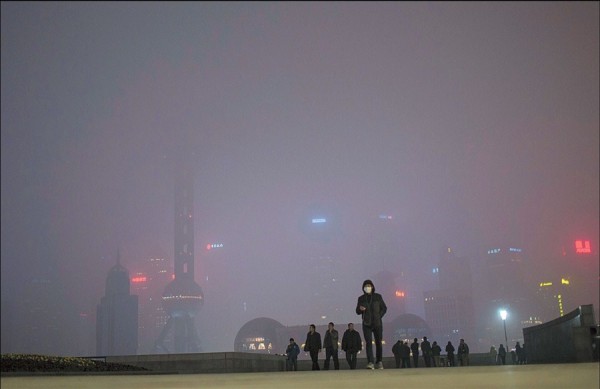After President Xi Jinping likened the environment to one's "own eyes" and human life last month during a tour of the Yunnan Province, Shanghai has announced a series of environmental preservation projects worth 100 million yuan ($16 billion).
The city's 220 projects were officially publicized by the Shanghai Environmental Protection Bureau on Wednesday.
Zhang Quan, the bureau's director, explained that the projects will not be limited to air quality. China's air pollution issues have received the most attention in the world's media, who even coined the term "airpocalypse" to precisely name the condition.
Zhang said that initiatives in these eight problem areas will be implemented: water, air, soil, waste, industry, agriculture, ecology and circular economy.
Zhang revealed that the city's restaurants are a key concern for the government due to chemical and oil fumes. As a consequence, restaurants of all sizes will be equipped with highly efficient oil-smoke purifying technology over the next two to three years. They will also be subject to the 100-million-yuan fines that applied to businesses last year if they breached the city's air-pollution regulations.
In terms of road vehicles, over 90,000 polluting vehicles will no longer be used on Shanghai's motorways. The number is a considerable increase from the 171,600 heavily polluting vehicles that were taken out of action last year.
The bureau wants to significantly reduce the tally of severe air-pollution days, whereby the PM2.5 density is brought down to 48 micrograms per cubic meter, with the end of 2017 set as the deadline.
According to the World Health Organization (WHO), a PM2.5 concentration of 25 micrograms is considered "safe" for human societies, so Shanghai will still need to halve its density eventually.
Even though some of the data appears dire, the bureau was able to show results to indicate the progress that has been made. Zhang said that, since 2012, the discharge levels of chemical oxygen, ammonia nitrogen (NH3-N), sulfur dioxide and nitrogen oxide have dropped substantially, while the average PM2.5 density in 2014 was 16.1 percent less than that of 2013.


